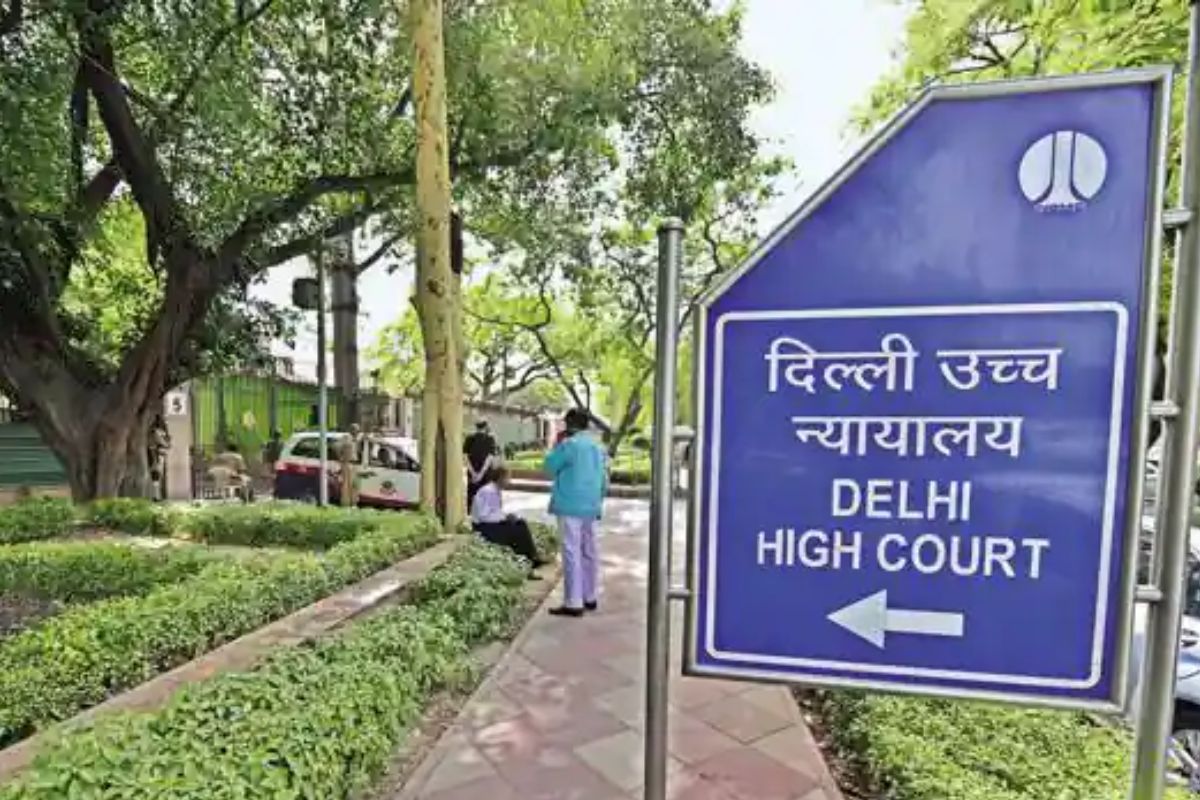LI Network
Published on: 22 August 2023 at 22:30 IST
The Delhi High Court, under the jurisdiction of Justice Swarana Kanta Sharma, has taken a firm stance against the practice of resolving cases involving severe and heinous crimes through the payment of money in , Abhishek v. The State NCT of Delhi & Ors.
The court has emphasized that allowing such settlements would establish an inappropriate precedent.
The matter was brought to light as the court addressed a petition seeking the quashing of a First Information Report (FIR) registered under Sections 308/34 of the Indian Penal Code (IPC).
The case involved a dispute where the complainant accused the neighbor, Arjun Singh, of running a factory in Krishan Vihar.
The petitioner, represented by Advocate Abhishek Kumar, claimed that during an altercation, his brother Bacchu Singh, an advocate, was abused by Singh. The petitioner’s family intervened, but alleged that the co-accused Abhishek physically assaulted Bacchu Singh, leading to injuries.
The court acknowledged that a mediated settlement had been reached between the parties, with a Memorandum of Understanding (MOU) signed before the Mediation Centre in Delhi’s Rohini Courts, specifying a payment of Rs. 40,000 for resolution.
However, the court expressed concern that the mediator had exceeded the limits of mediation principles by attempting to compound a non-compoundable offense.
The court highlighted that mentioning the settlement and payment of money in an agreement would not automatically lead to the quashing of an FIR, as such decisions rest within the court’s discretion under Section 482 of the Code of Criminal Procedure (CrPC).
The court cautioned against the misconception that serious offenses can be compounded through monetary settlements, stressing that this practice should be discouraged.
The court noted that while the law favors dispute resolution through party agreements, such a summary approach cannot be applied to non-compoundable cases that are beyond the realm of mediation.
In conclusion, the court quashed the FIR in the specific case. This judgment by the Delhi High Court sends a strong message against compromising on the gravity of serious offenses by offering financial settlements, reinforcing the principle that justice should prevail over monetary transactions.

